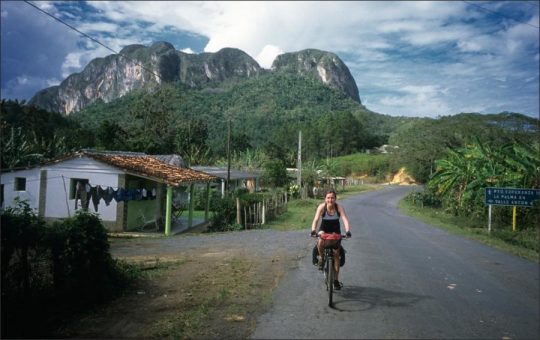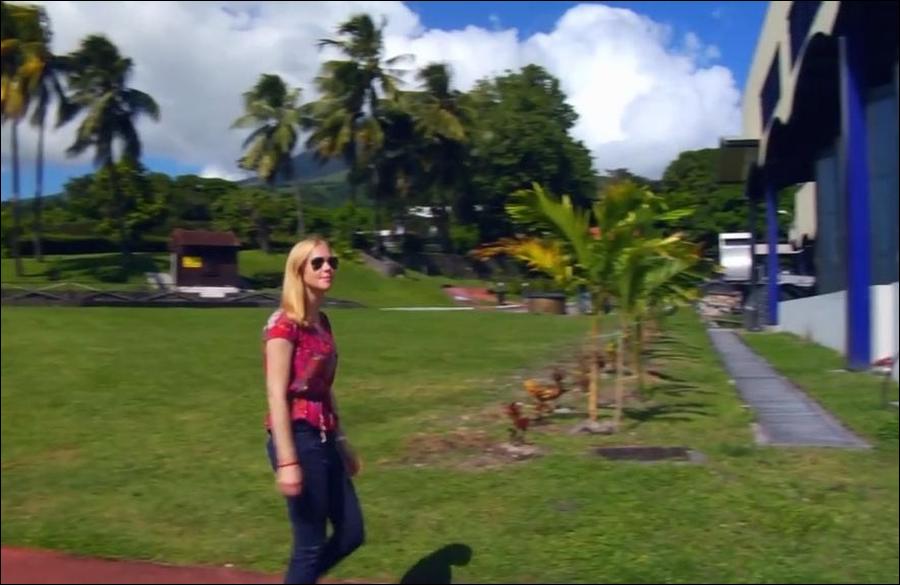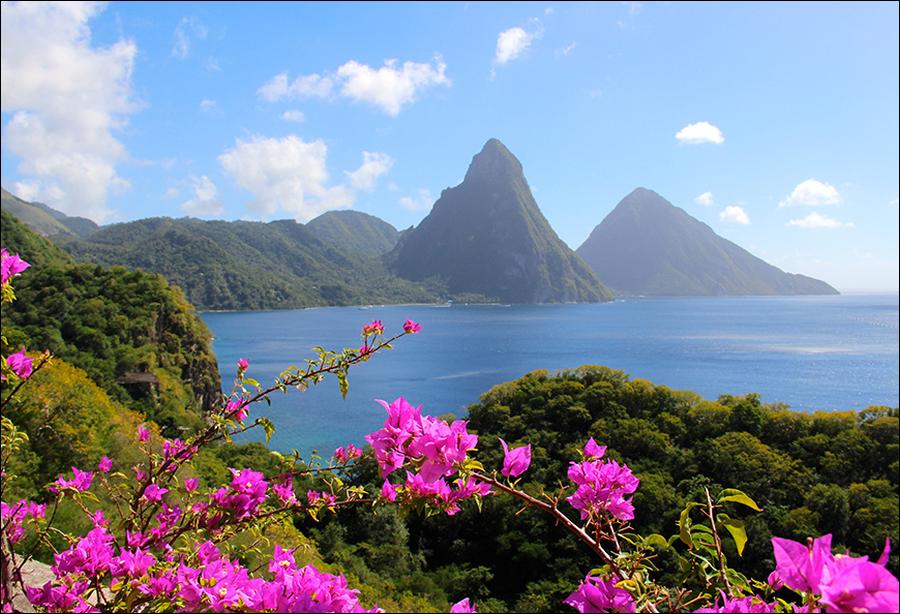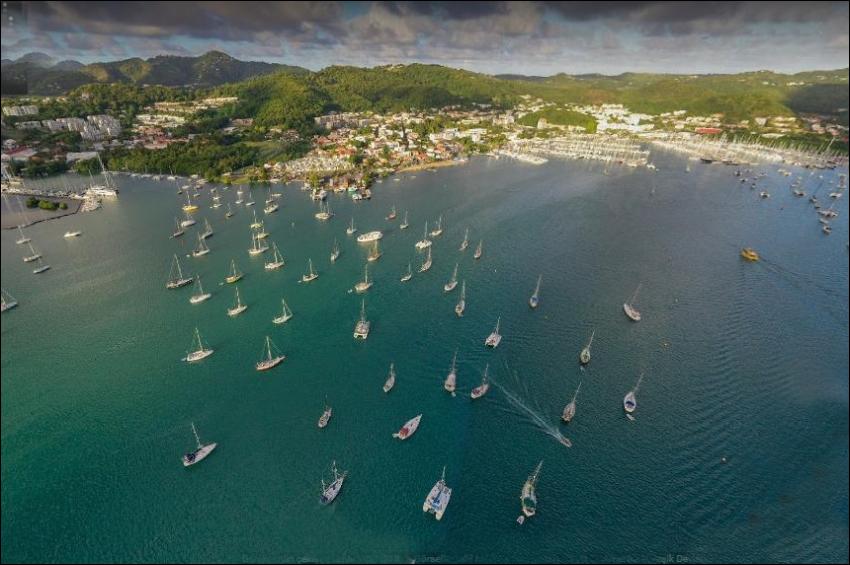“Go to that bar that serves the piña coladas, cross the bridge, then the road to Bacunayagua is on the left.” Those were typical driving directions in Cuba in the early 2000s. Then, it was a country without road signs. The reason was never clear. One theory was that every time a sign was put up it was stolen so that its metal could be turned into car parts. Another was that Fidel Castro, determined that the nation remain on a constant military footing, was convinced that road signage would help invaders. It made travelling a challenge. And arriving especially rewarding.
The directions were good enough the first time I went to Bacunayagua in 2005. There were three of us: two Cuban friends, one of whom was a scuba dive instructor, and me. The piña colada stop was memorable. Alongside the road Marco, in a crisp white guayabera shirt, prepared cocktails for thirsty motorists from palm-fresh coconuts, cream and pineapple. He agreed, reluctantly, to go easy on the rum.
After that we crossed the spectacular Puente de Bacunayagua, the tallest bridge in Cuba, completed in 1959. A couple of kilometres later, almost hidden by trees, there on the left was an unmarked, steep concrete road. It dived through a forest towards the sea, bringing us to a complex of run-down 1970s bungalows. In front was the clearest water, framed by an elegant peninsula, and a perfect little hidden beach.
This particular stretch of coastline was also a notorious pick-up point for the cigarette boats that come from Florida and smuggle Cubans back to the US. A few bored young soldiers were there on watch; they were surprised to see us. The offer of a cold drink turned their frowns into smiles. They kept an eye on the car while we explored the pristine waters below.
I returned to Bacunayagua a few weeks ago. A gleaming blue sign now clearly marks that turnoff to the bay. It is as beautiful as ever, but a little noisier. A Cuban family, complete with relatives from Miami, had rented the house the military once occupied. Silence has been replaced by reggaeton.
On the way back to Havana, I stopped at the roadside bar. Marco was still there. “Estás perdido,” he said to me. That delightful Cuban greeting perhaps best translated as: “Where have you been?”, offered with equal feeling whether someone hasn’t been seen for a few days or a few years. Cuba may be changing, but it still moves at its own pace.



